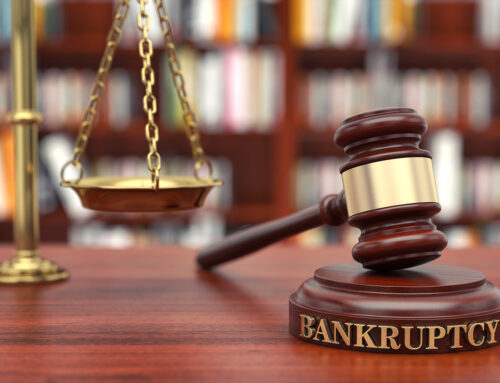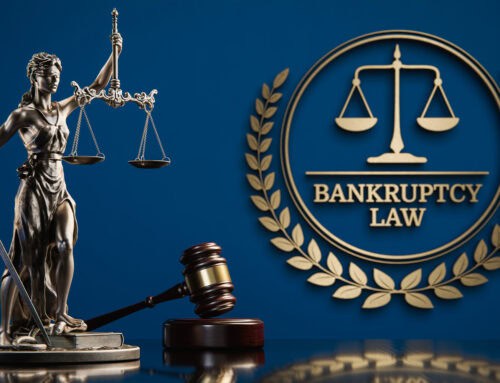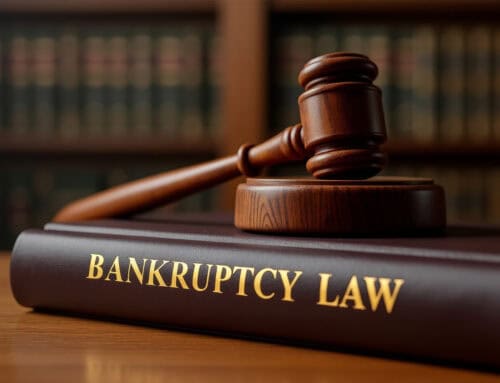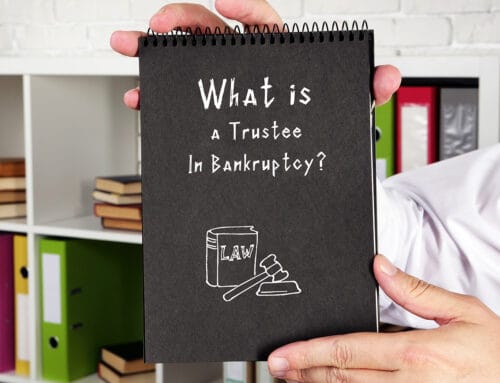Bankruptcy and Student Loans
It’s a reality of modern life that a college degree is essential for success in the job market. Costs of obtaining a degree have steadily risen with its necessity, forcing more students to take on significant debts to remain competitive. Economic pressures can make it hard to find decent pay. Many graduates can’t even find employment in their fields of study. When the burden of paying back student loans reaches the breaking point, you may wonder if bankruptcy might be the right move. It’s wise to consult with a bankruptcy lawyer to explore your options.
Discharging Your Loan
Bankruptcy may be the only viable choice when you find yourself being squeezed by a loan you can’t repay. Student loans can be discharged in a bankruptcy, but there are some hurdles to overcome in order to do so. A professional bankruptcy lawyer can help you with the particulars, but the primary requirement is that your loan debt “will impose an undue hardship on you and your dependents.”
Passing the Hardship Test
Proving hardship is essential to getting student loan debt discharged in bankruptcy. Generally speaking, the most common hardship test employed in the courts is the Brunner test. Three facts must be demonstrated to satisfy the Brunner test.
- Your current income and expenses do not allow you to maintain a “minimal” standard of living for you or your dependents if you’re forced to repay the loan.
- Additional circumstances exist indicating that the state of affairs is likely to persist for a significant portion of the student loan repayment term.
- You have made “good faith” efforts to repay the loans.
Possible Relief
If you can satisfy the court’s tests and prove undue hardship, your loan may be discharged – completely canceled. In such a case, bankruptcy may be the best choice for you. You should consult with a bankruptcy lawyer to help you navigate the process and understand important pros and cons to declaring bankruptcy versus other options that may be available to you.
An Important Note
It’s essential to remember that a loan won’t automatically be discharged because of hardship in the bankruptcy process. A petition called an adversary proceeding must be filed to obtain a determination. If you already filed for bankruptcy without requesting a determination of undue hardship, you may reopen your case at any time in order to file the petition. The process can be complex, call the professionals at Brent George Law now for a free consultation.
Disclaimer: This article is intended for informational purposes only and does not constitute legal advice. For personalized assistance, please contact our office at (805)494-8400.





